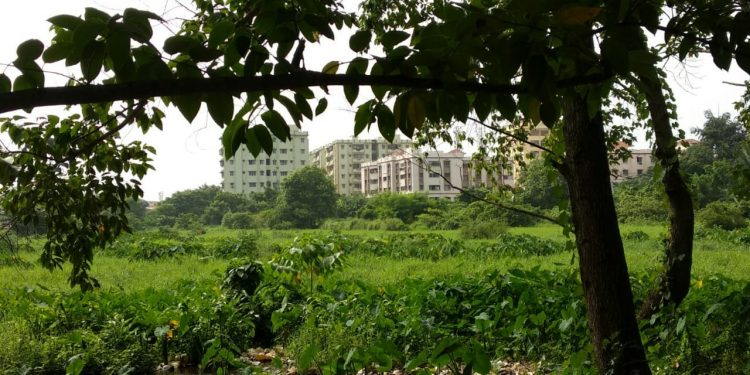Bhubaneswar: The Bhubaneswar Development Authority (BDA) is making moves to introduce sustainable development practices in construction and land development activities within its jurisdiction by establishing an environment cell.
It is pertinent to mention that the Comprehensive Development Plan (CDP) of Bhubaneswar has proposed environmentally sensitive zones (ESZ) or open space use zones, which are vulnerable and prone to flooding. Development on such land needs careful and judicious approach.
To further reinforce the sustainable approach of city planning, the Authority has introduced such enabling provisions regarding Water Sensitive Urban Design in the BDA (Planning and Building Standards) Regulations, 2018 which has come into force in May this year. This regulation has provision for establishing an environment Cell in BDA for taking up environmental planning.
In this regard, BDA has floated an advertisement to recruit professionals and experts for setting up the environment cell. It will be a multidisciplinary cell with experts from different fields and expertise working as a team towards improvement of the city’s environment. As per BDA’s advertisement, the cell shall have three environment planners, one expert on water conservation and management and one urban design expert.
If all goes as planned, the cell shall also have a senior level officer to head the cell. It shall function under the administrative head. The Authority’s focus on environmental issues may turn Bhubaneswar into a more sustainable place and bring cheers to environment lovers.
The formation of the cell is necessitated following large-scale problems Bhubaneswar has encountered recently such as water-logging and urban flooding across the city and within the BDA jurisdiction due to unwanted urban growth in ESZs.
The proposed move should enable BDA to have proper planning and future methodology on how to go about and contain the situation so that urban flooding could be managed.
As per the Water Sensitive Urban Design in the BDA (Planning and Building Standards) Regulations, 2018 the proposed cell would work and ensure sustainable planning across all the ESZs.
It may be noted here that as realized in the recently learnt Nayapalli Haza case, where a large water body was part of the urban ecosystem, the flooding happened as the water body has shrunk beyond recognition or there is no space left for the excessive storm water to settle and pass through the adjoining Drainage Channel No 10.
With the new cell the city would have a sigh of relief as during the rainy months the ESZs would be equipped to let the storm water channelize through the natural water bodies and also help in recharging ground water. The team will also work on creating beautiful water bodies for recreation facilities also.
Hopeless Hong Kong
The last nail into the coffin of whatever freedom is believed to be there in Hong Kong, a unique territory...
Read moreDetails





































